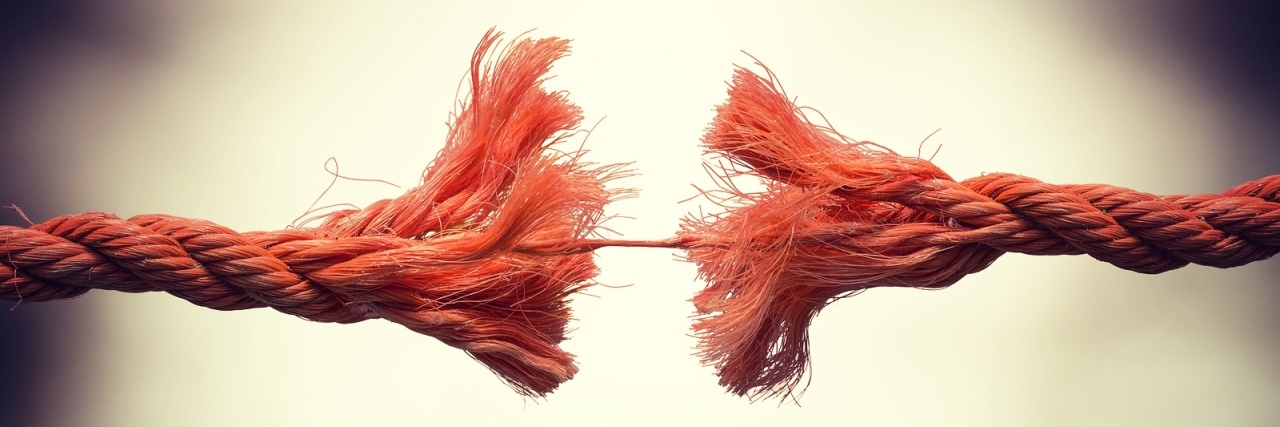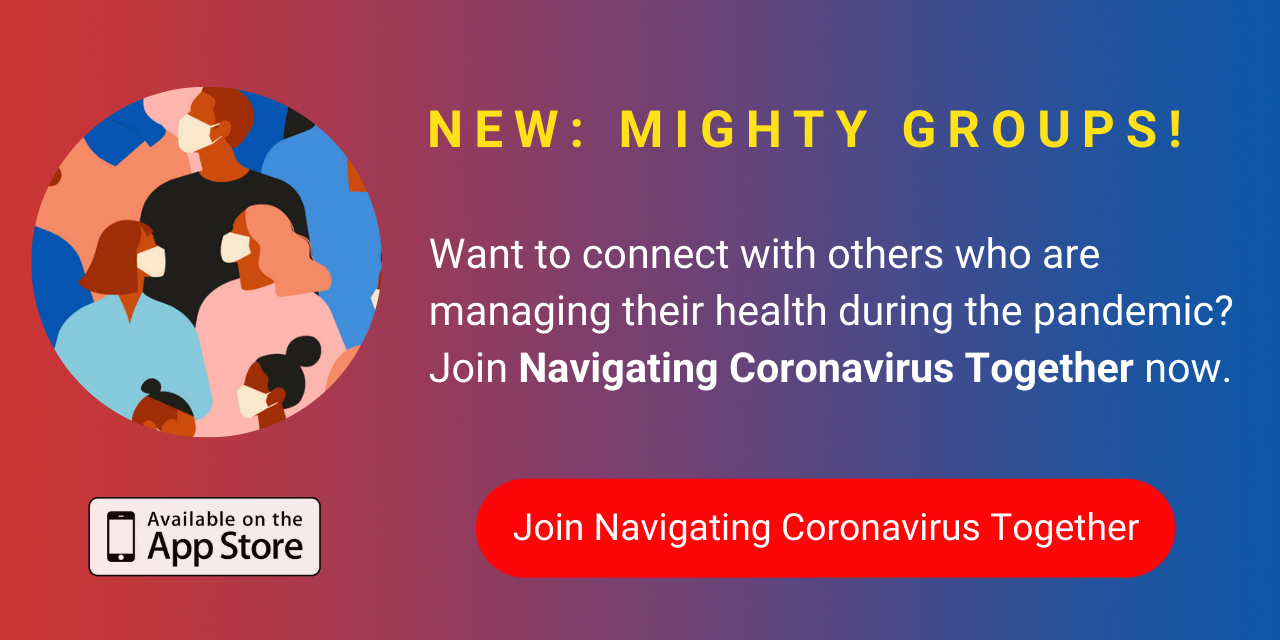Trust: the other four-letter word that can change worlds, move mountains, build and yet also destroy so much. As many people with a chronic illness can tell you, trust becomes complicated when you are forced into a position where your being, your survival, is dependent not only on your actions, but on the actions of those around you.
You have to trust, and to hope, that people around you will be immunized, will wash their hands. You need to take the leap of faith that the places you go to are well sanitized, are accessible, and are willing to accommodate allergies, special requests and any other need. Society asks that you, already vulnerable, expose yourself with all of your vulnerabilities to the world, trusting that this type of exposure will break down the barriers between you and whatever your goals are in life.
As many people with a chronic illness will tell you, that trust is all too often betrayed. Barriers are replaced with others, access to services is stopped due to cost-cutting, inefficiency, unreliability or general lack of interest. People do not (or more like feel like they cannot) stay home from work when they are sick. Endless questions of “but do you really need this?” follow you around as society determines that they do not trust you. They do not trust your agency, your ability to understand your body, your ability to determine what is in your own best interest. These comments range from the frustrating, like putting milk into your hot beverage instead of your milk alternative, to the downright dangerous, like calling women “hysterical” and ignoring the needs of intersectional folks (see this link about death rates of Black women in childbirth in the United States). Trust, you see, is very hard to regain when it is lost.
I suspect a lot of us are feeling that this trust — in each other, society, loved ones, strangers, politicians, medical personnel, grocery store workers, the structure of our lives — is being tested, again. Disabled or abled, we are unsure if we have enough trust for those around us. Trust that people will socially distance, will wear masks, will wash their hands. Will they disinfect, self-isolate, work from home? Can they?
Many of us in the disability community are feeling betrayed and bruised when we see how easily working and studying from home have become. We also don’t trust that these options will continue to exist when the pandemic ends. All of us are being asked to place trust into establishments that have shown us their backs, systemically creating a wall between those who can and who cannot cross the threshold. While it is not to be denied that these establishments are attempting to provide support, it is hard to not see it as a bittersweet concession considering how much trust was lost before this point.
The smallest, and yet the largest thing we are being asked is to trust. If anything, I think this pandemic will show us all who we can trust the most. Those who work tirelessly on the front lines and even give up their lives to be the comfort for those taking their last labored breaths. Those in the lab who are working around the clock to come up with a way to allow people to return to being close to one another. Those who rally together, taking every precaution to avoid infecting those around them, to participate in marches and rallies in solidarity with those whose trust has been betrayed. Those in your life who go out of their way to help you while you isolate — buying groceries, sewing masks, checking in socially online. Individuals who take their time to get in touch with those who are facing quarantine and the struggle alone.
We are also learning to trust ourselves. Trust that we know what our limits are during this pandemic. Trust in our judgment calls about who we stay in touch with throughout this process. Trust in our pacing, and awakening to understand that productivity honestly is not everything. In order to trust, one begins with hope — the hope that those you are being vulnerable to will catch you when you take the plunge to trust them.
I do not have the answers, I honestly do not even know all of the questions — there is a lot to unpack. But in the end, all I can say is that our trust is not something that can be bought, stolen or received by rote. When it is given, it is like handing over not just a key to my heart, but to the very essence of myself. I will continue to try to place my trust in the people around me, but know that right now, the cost of a person’s trust could potentially be their life.
For more on the coronavirus, check out the following stories from our community:


